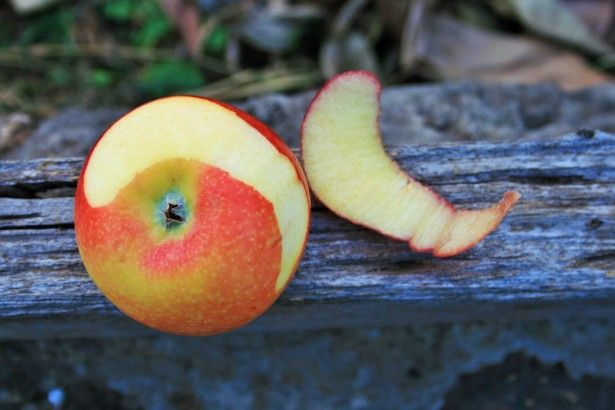
Eye-D'oh! Unveiling the No-Bullshit Guide to Age-Related Macular Degeneration
- May 24, 2024
So, you've heard of Age-related macular degeneration, or AMD for those in the know. It's basically an uncool vision-restricting party crasher that affects about 20 million Americans [1]. It's the grumpy old uncle of eye diseases and guess what? It doesn't even have the decency to cause total blindness.
There are two types of this invader - wet (which involves neovascular, or new blood vessel growth) and dry (which doesn't). Dry AMD is the brooding big bro, haunting around 80% of cases, characterized by the gradual breakdown of light-sensitive cells in the macula [3]. Wet AMD, on the other hand, has abnormal blood vessels growing under the retina, oozing fluid and blood, messing with vision. The polite thing would be for wet AMD to announce itself, but it does the complete opposite, slipping into existence post dry AMD [4].
So, how can you tell if you've got an AMD problem? Well, some signs include the appearance of smudges or dark spots in your vision, faded colors, and the illusion of straight lines taking a funhouse mirror turn [5][6].
Still, it's not a done deal. These symptoms could be as stealthy as a ninja, especially with dry AMD in its early stages. So, get an annual eye exam to ousted this unwelcome guest.
Let's talk risk factors. Besides the chances of having AMD spiking up as you age, it also has a bias towards women, white folks, people with blue eyes, and those with the unfortunate history of AMD in one eye [8].
Now, onto the good part - prevention. Quit smoking. Eat healthy. Lose weight if needed. Exercise. Maintain healthy blood pressure and cholesterol levels. Guard your eyes against UV rays and blue light. Get regular eye exams - the real MVPs [8].
The not-so-good-news -- there’s no treatment for early stages of AMD. However, for the intermediate stage of dry AMD, there's something called AREDS2-a supplement that slows progression down [12]. For advanced dry AMD, new drugs pegcetacoplan (Syfovre) and avacincaptad (Izervay) were introduced in 2023. For wet AMD, anti-VEGF is the hero that stops abnormal blood vessel growth [13].
Lastly, even if you do land in the low-vision zone, you've got a range of aids waiting to assist, from magnifying glasses and electronic devices, to voice recognition software and large-print books, and even professionals ready to help you adapt [14].
Whether it's dealing with AMD or fighting off unreasonable diet fads, the goal is to enjoy life without the BS. Crisp kale salad, anyone?






